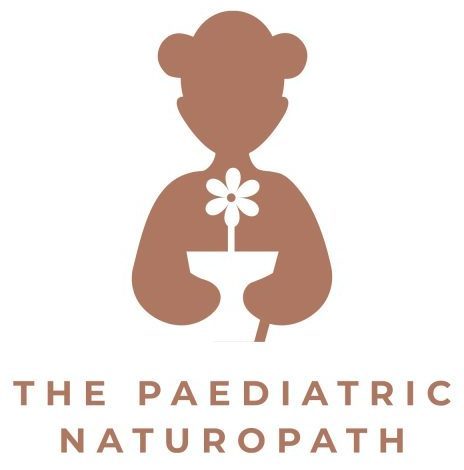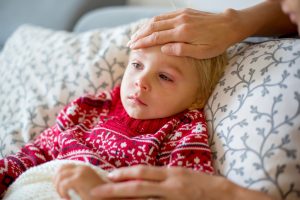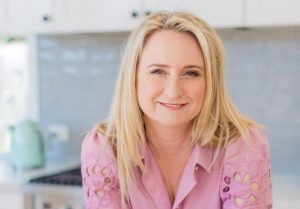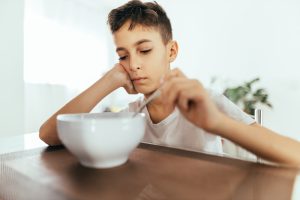Did you know that food additives can be a problem for children’s sleep?
Sleep can be an issue for many children, and it can take over your life!
Issues with sleep can include:
- Difficulty falling asleep
- Difficulty staying asleep due to frequent night waking
- Waking up too early
- Nightmares or night terrors
- Sleep talking or walking or
- Restless legs.
Difficulties with sleeping can significantly affect quality of life for both children and their families.
Signs of poor sleep:
- Teariness
- Irritability
- Moodiness
- Exacerbated hyperactivity
- Issues with concentration, learning, attention span and memory
- Decision making abilities
The connection between sleep and food additives
It can be a surprise for parents to realise that food additives may be affecting their child’s sleep, as diet is often an overlooked factor that can make a radical difference in the quality of our children’s sleep.
Food additives are added to foods to keep them fresh or to enhance their colour, flavour and texture. Food additives are listed on a product’s ingredients label, and will either be spelt out in full e.g. monosodium glutamate, or represented by a code number eg 621, the food additive code number for MSG.
Children may vary in the degree of their sensitivity to food additives, with the dose or amount of food additives ingested an important factor. The higher the dose, most likely the more significant the effect. It is also important to note that food additives can have a cumulative affect, so even a small amount each day may be impacting sleep. It may be difficult to pinpoint as to which additive in a food that is eaten every day, and marketed as ‘healthy’ or specifically to children, may be wreaking havoc on your child’s sleep. For those of us with babies that struggle to fall or stay asleep, food additives in a mother’s diet can also be passed on via breastmilk to affect babies’ sleep. Sensitivity to food additives will often run in families.
Food additives specifically linked to sleep issues
Following are the food additive numbers to look out for in your children’s food and drinks that have been associated with sleep disturbance;
| Additive type | Food additive code number |
| Food colours | 102, 104, 110,122, 123, 124, 127, 129, 132, 133, 142, 143, 151, 155, 160b |
| Flavour enhancers | 621, 627, 635, HVP, Yeast Extract |
| Preservatives | 200-203, 210-213, 220-228, 280-283, 249-252 |
| Synthetic antioxidants | 310-312, 319-321 |
| Artificial sweeteners | 951, 952, 954, 955 |
| Artificial and natural flavours | These are not listed as a number, and you will never know what is in them, they are often trade secrets and may contain unlisted artificial colours and preservatives. Natural flavours may also adversely be affecting your child’s sleep also. |
Other factors to consider for poor sleep
There may be further investigations or considerations that are influencing your child’s sleep quality, which we will be able to support you through, such as identification of nutrient deficiencies, environmental factors and mood/behavioural considerations. Although diet may be having a huge impact on your child’s sleep, it is also important to identify and if possible, eliminate or reduce all other contributing factors.
It is worth considering an additive free trial, that removes all of the artificial additives listed in the table above, from your child’s diet. This may be an important first step to figuring out exactly what is getting in the way of a good night sleep for your child (and household). It is important when eliminating additives or any specific foods from your child’s diet, that you follow a systematic approach and be supported by appropriately qualified and experienced professionals. The team at The Paediatric Naturopath are here to guide you through this process safely and confidently.




